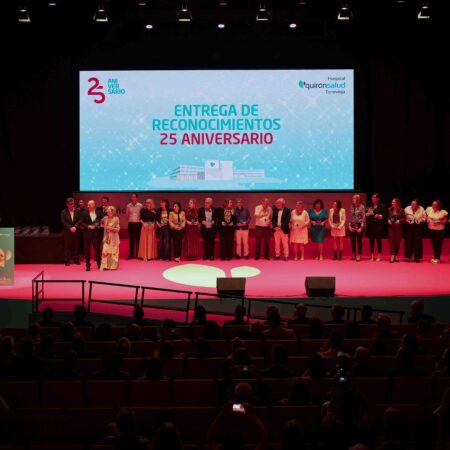The Ministry of Labour and Social Economy will meet again this Monday morning with CCOO, UGT, CEOE and Cepyme after offering at the last meeting of the negotiating table the possibility of gradually incorporating the working week of 37.5 hours throughout 2025, instead of implementing its validity from January 1 of that year, all with the aim of attracting CEOE and Cepyme to the agreement.
The Ministry considers that this greater flexibility in the application of the reduction in working hours will contribute to the employers’ associations joining a possible agreement, because there would no longer be “significant objections” to this measure, committed to in the Government pact between PSOE and Sumar.
However, in light of the statements of CEOE and Cepyme in recent days, business organisations are still not in favour of having a reduction in working hours imposed on them.
For the moment, the Ministry headed by Yolanda Díaz has shown itself open to negotiating with social agents on several axes: the gradual incorporation of the reduction of working hours throughout 2025 “by introducing more additional permits or more vacations” or other types of measures; a greater margin for the irregular distribution of the working day, and the right to digital disconnection, which is already in the labour regulations, but which it wants to deepen in the midst of the digital transition period.
As for the irregular distribution of the working day, companies can currently distribute irregularly up to 10% of the annual working day. What the Ministry of Labour proposed is that this 10% be referred to the working day that companies had when the regulation came into force and not to the new reduced working day.
According to the Ministry of Labour, this greater margin can benefit, for example, those sectors with inconsistent production cycles throughout the year, such as agriculture or some activities related to hospitality, where there is a greater workload in summer or at the time when the fruits have to be collected.
With these elements, the Ministry of Labour wants to close an agreement with the social agents as soon as possible, including CEOE and Cepyme, although for now it has not specified whether this offer of flexibility in the application of the reduction of the working week to 37.5 hours implies giving up having the 38.5-hour working week in 2024, as included in the coalition agreement.
The Ministry’s objective is to reach a “national agreement that will be valid for several decades and that will be truly effective, since they are tired of ‘fake’ and costume measures,” according to the words of the Secretary of State for Labour, Joaquín Pérez Rey.
“A measure as important as this, of a structural nature, must have the seal of approval of the social partners,” said Pérez Rey after the last meeting of the table. This goal could mean that the negotiation would be extended a little longer with the aim of including all social agents.
In fact, the idea of the Labour Office is “to use the time margins to the maximum in order to reach a great national agreement for the next generations.”
“What is clear is that we are not going to let an agreement fall through in the context of trust and reciprocal construction that occurs at the social dialogue table in order to try to speed up the closing of the text by a few weeks,” said Pérez Rey a few days ago. Thus, what the Labour Office is now proposing is a reduction in working hours “less abrupt, since it has all the cushion of 2025.”
For their part, CCOO and UGT have warned that, if they do not make substantial and concrete progress in the meeting on Monday to reduce the working day, they will call for a series of mobilisations at the beginning of September, although they will continue to negotiate.
The general secretary of CCOO, Unai Sordo, believes that the negotiation between the Government, unions and employers to reduce the working day to 38.5 hours in 2024 and 37.5 hours in 2025 has entered a “loop”.
“The negotiation has entered a loop and there will be mobilisations in September. In other words, I do not see another scenario because at this moment the movements made by the Government have not yet produced any change in position in CEOE,” said the union leader a few days ago.
In fact, Sordo does not see “any possibility of agreement” on the reduction of the working week in the short term. “The reason is that CEOE has not yet explicitly said that it is willing to negotiate a reduction in working hours”.
According to Sordo, this lack of agreement in the short term implies trying to unblock the situation through a mobilisation, or directly urging the Government to take action on the matter and seek support for a bill to reduce the working week to 37.5 hours in 2025.











